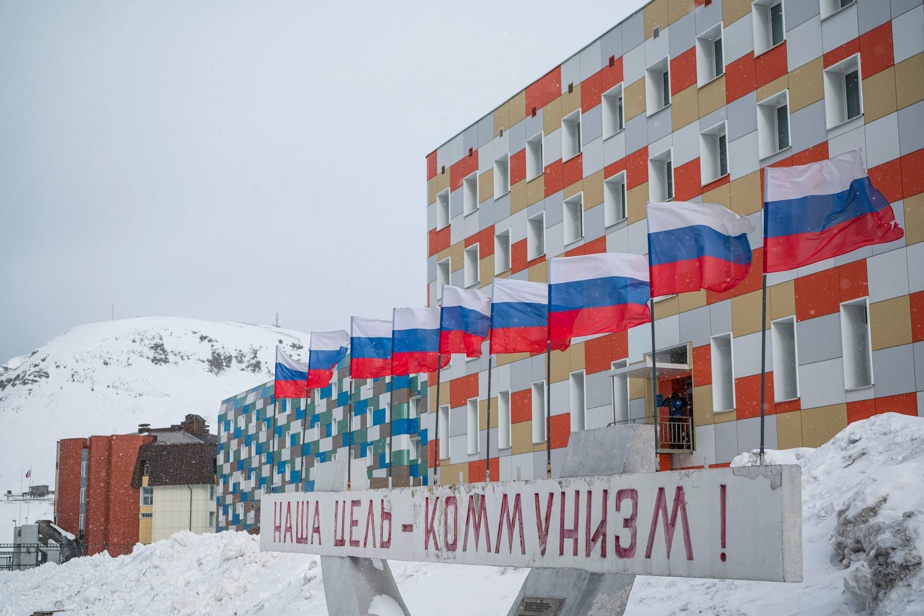(Moscow) Moscow, on Wednesday, accused Norway of obstructing the transit of goods to the Russians residing in the Norwegian Arctic archipelago of Svalbard, and threatened Oslo with retaliation.
Posted at 7:25 am
“We asked the Norwegian side to settle this issue as soon as possible,” the Russian diplomat said in a statement, announcing that the Norwegian Chargé d’Affairs in Moscow had been summoned to the ministry.
“We have emphasized that unfriendly behavior towards Russia leads to retaliatory measures,” he added.
According to Russia, Norway at the land border crossing point in Storskog blocked supplies of equipment and food that were to be loaded onto a ship to reach Svalbard for Russian miners on the archipelago.
According to Sergei Goshchin, the Russian consul in the Arctic archipelago, there are 20 tons of goods, including seven tons of food products, the rest of the spare parts and basic equipment to prepare for the winter.
According to the diplomat, Norway is banning the goods in implementation of European sanctions imposed on Russia over its attack on Ukraine.
“I think Norway has not thought well of joining the European sanctions,” he said.
The diplomat said Russia is exploring alternative supply routes, including from Europe or by sea from the Russian city of Murmansk.
A thousand kilometers from the North Pole, Svalbard is twice the size of Belgium, and is sometimes considered the “Arctic NATO’s Achilles heel”.
An atypical treaty, concluded in 1920 in Paris, recognizes Norway’s sovereignty over Svalbard, but also guarantees the citizens of the signatory countries, day 46, including Russia, the freedom to exploit natural resources there “on absolutely equal terms”.
In this capacity, for decades Russia – before it the USSR – has been extracting coal from these lands inhabited by less than 3,000 people of about fifty nationalities.
Vice Chairman of the Federation Council Konstantin Kosachev accused on Telegram Oslo of violating the Treaty of Paris.
Norwegian authorities are trying to get Russian miners to go without food, which is immoral in itself. “It violates human rights and the principles of humanity,” he said.
But the Russian consul denied the existence of any risks of food shortages.

“Extreme twitteraholic. Passionate travel nerd. Hardcore zombie trailblazer. Web fanatic. Evil bacon geek.”


